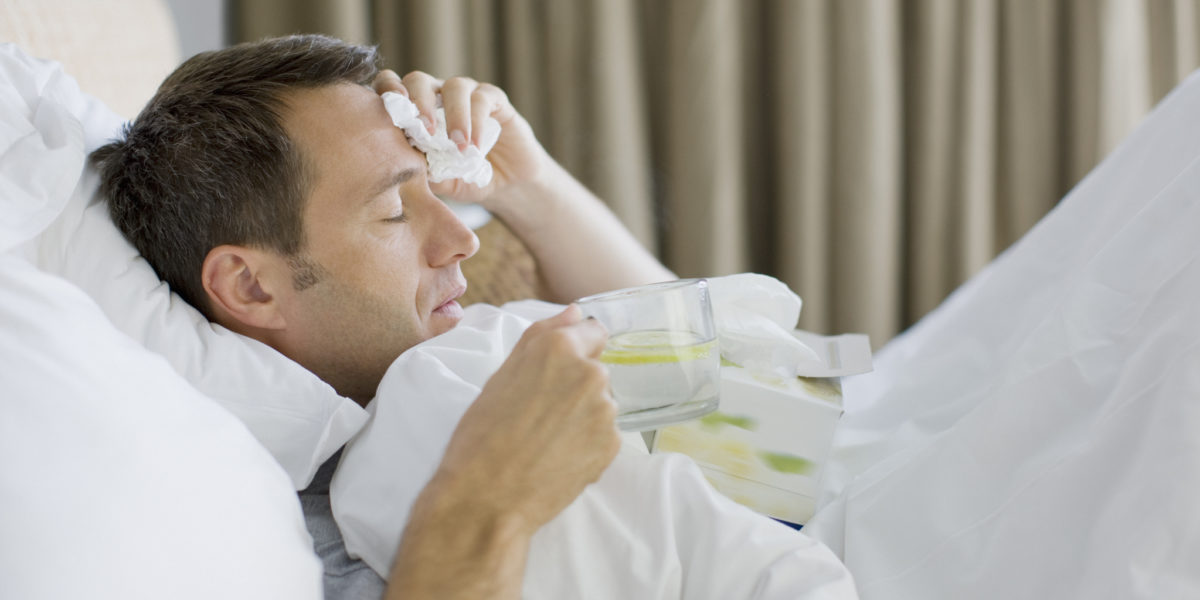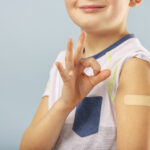I Have COVID-19. What’s the Best Way to Take Care of Myself at Home?

Most people with COVID-19 have mild symptoms and can take care of themselves at home. If your symptoms get worse, you may need care in a hospital.
It’s important to do all you can to avoid spreading the virus to others, especially since the omicron variant is so highly contagious. You need to isolate yourself while you are sick.
Leave your home only if you need to get tested or get medical care. If you need to leave your home, wear a face mask that a mask fits snugly over your nose and mouth and doesn’t have any gaps. It can help stop the spread of the virus when you cough, sneeze or speak.
How can you care for yourself at home?
- Get extra rest.
- Drink plenty of fluids. This helps replace fluids lost from fever. Fluids also help ease a scratchy throat. Water, soup, fruit juice and hot tea with lemon are good choices.
- Take acetaminophen (such as Tylenol) or ibuprofen (Advil, Motrin) to reduce a fever. It may also help with muscle and body aches. Read and follow all instructions on the label.
- Sponge your body with lukewarm water to help with fever. Don’t use cold water or ice.
- Use petroleum jelly on sore skin. This can help if the skin around your nose and lips becomes sore from rubbing a lot with tissues. If you use oxygen, use a water-based product instead of petroleum jelly.
- Keep track of symptoms such as fever and shortness of breath. This can help you know if you need to call your doctor. It can also help you know when it’s safe to be around other people.
Tips for isolation
- Limit contact with people in your home. If possible, stay in a separate bedroom and use a separate bathroom.
- If you have to leave home, avoid crowds and try to stay at least 6 feet away from other people.
- Avoid contact with pets and other animals.
- Cover your mouth and nose with a tissue when you cough or sneeze. Then throw it in the trash right away.
- Wash your hands often, especially after you cough or sneeze. Use soap and water, and scrub for at least 20 seconds. If soap and water aren’t available, use an alcohol-based hand sanitizer.
- Don’t share personal household items. These include bedding, towels, cups and glasses, and eating utensils.
- Clean and disinfect your home. Use household cleaners and disinfectant wipes or sprays. Take special care to clean things that you grab with your hands. These include doorknobs, remote controls, phones, and handles on your refrigerator and microwave. And don’t forget countertops, tabletops, bathrooms, and computer keyboards.
- Wash laundry in the warmest water allowed for the fabric type and dry it completely. It’s okay to wash other people’s laundry with yours.
Follow-up care is a key part of your treatment and safety. Be sure to make and go to all appointments, and call your doctor if you are having problems. It’s also a good idea to know your test results and keep a list of the medicines you take.
When should you call for help?
Call 911 anytime you think you may need emergency care. For example, call if you have life-threatening symptoms, such as:
- You have severe trouble breathing.
- You have constant chest pain or pressure.
- You are severely dizzy or lightheaded.
- You are confused or can’t think clearly.
- Your face and lips have a blue color.
- You pass out (lose consciousness) or are very hard to wake up.
Call your doctor now or seek immediate medical care if:
- You have moderate trouble breathing. (You can’t speak a full sentence.)
- You are coughing up blood (more than about 1 teaspoon).
- You have signs of low blood pressure. These include feeling lightheaded; being too weak to stand; and having cold, pale, clammy skin.
- Your symptoms are severe or worsening.
Call before you go to the doctor’s office. Follow their instructions.


